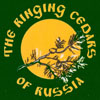Man has always lived in nature. His body, mind, culture were formed in the natural environment - among forests, rivers, fields, and mountains. Here he lived, cultivated the land, built dwellings, created traditions.
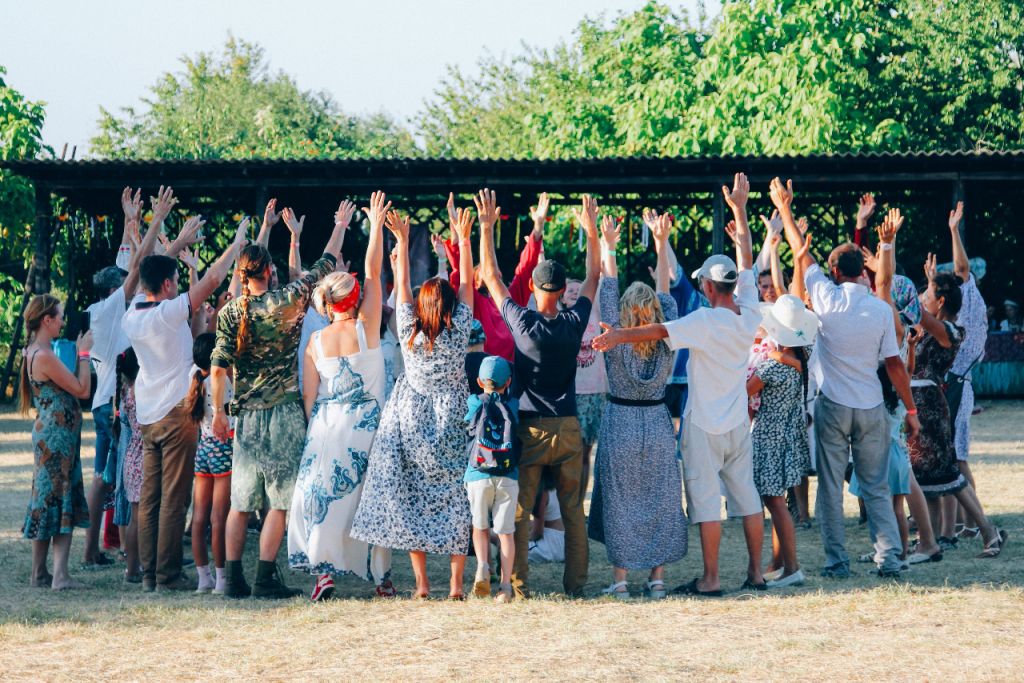 |
But in the XX century a strange and perhaps erroneous experiment took place: mankind left nature en masse. Collectivization, industrialization, urbanization - these processes forced millions of people to move to cities, where they found themselves in an unfamiliar and even toxic environment. Man began to live in boxes, breathe polluted air, eat processed food, losing touch with the rhythms of nature.
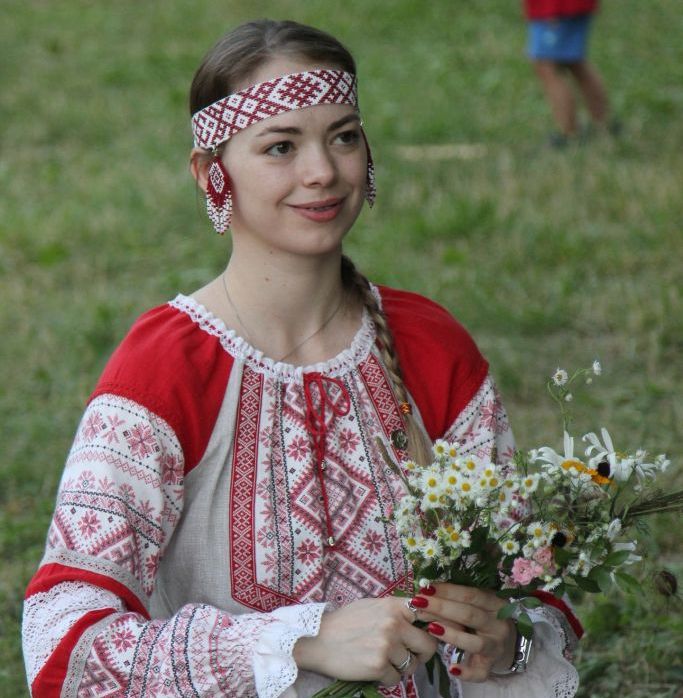 |
Today, however, we see the reverse process. People are realizing that nature is their home. They are returning to the land, creating kin's domains, setting up family farms, forming communities where they can once again live in harmony with nature and their roots. This is not an escape from civilization, but a natural return to the roots, to what has been lost in just 100-200 years. But who are they? What are their motives? What are they looking for?
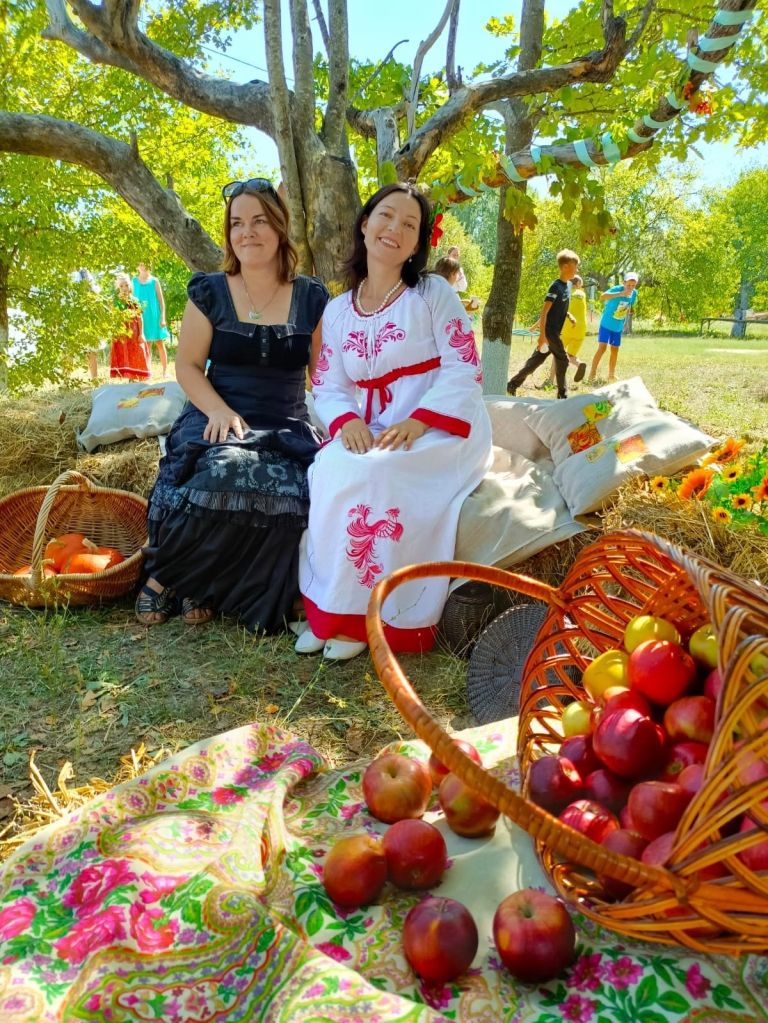 |
Why do people return to nature?
Despite their different personalities, all those who choose to live on a kin's domain are united by deep values.
1. Man flourishes in nature
Nature is man's natural environment. Here he feels healthy, energetic, and calm. Clean air and water enhance health. Silence reduces stress levels.
The earth fills with vitality. In megacities, people often experience constant stress - noise, toxic air, eternal rush. This leads to fatigue, chronic illness, and emotional burnout. In nature, a person finds balance.
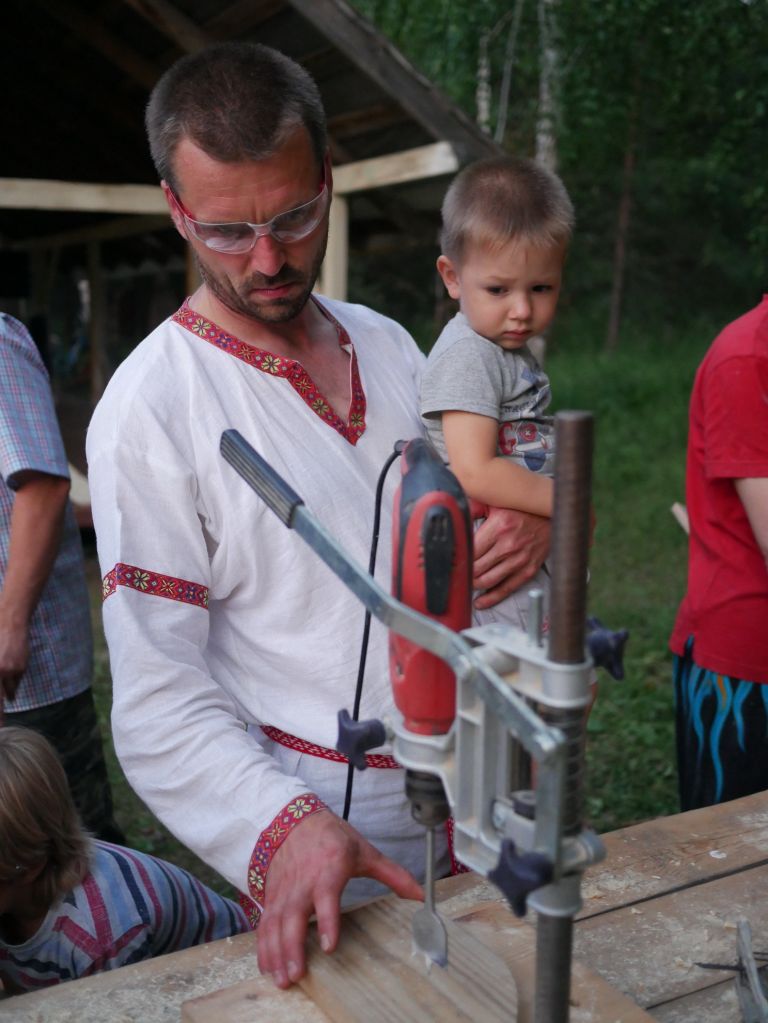 |
2. Creating space for future generations
Ecological disaster, soil degradation, the growth of cities - all this threatens the future of children. Parents realize that nature is the best educator. In the kin's settlements, children learn through practice:interacting with the land, plants and animals, mastering crafts, receiving free, natural education.
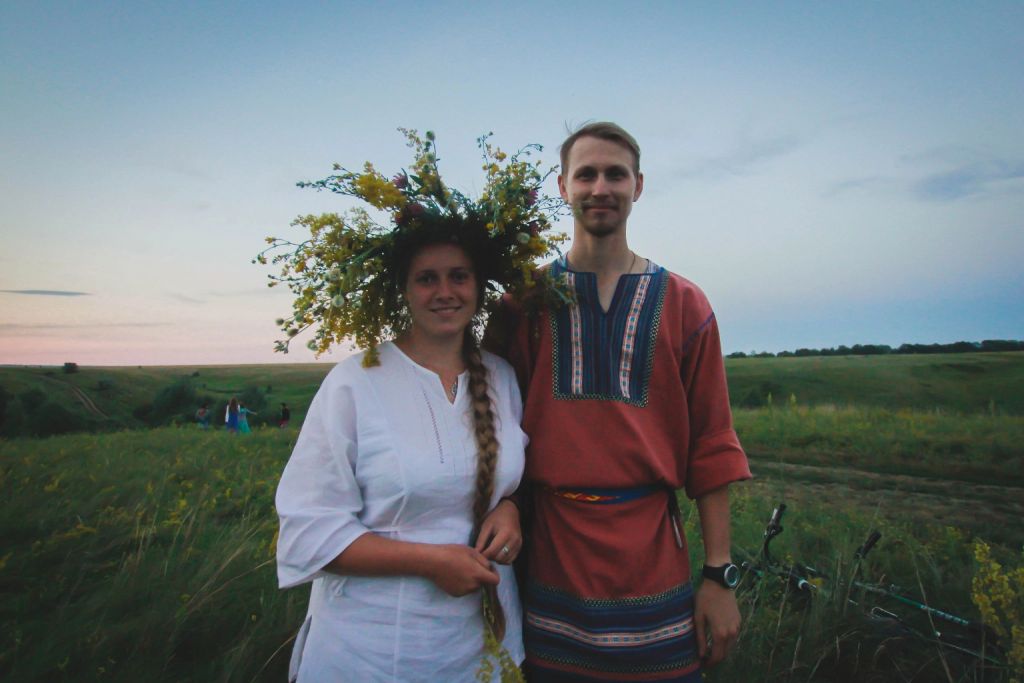 |
3. Restoring ancestral traditions
Cities have destroyed the continuity of generations. Grandfathers, grandmothers, parents, children live separately, rarely see each other. But people want to restore the connection between generations. A kin's domain is not just a house, but a place passed from hand to hand, where knowledge, traditions and culture of the family are kept.
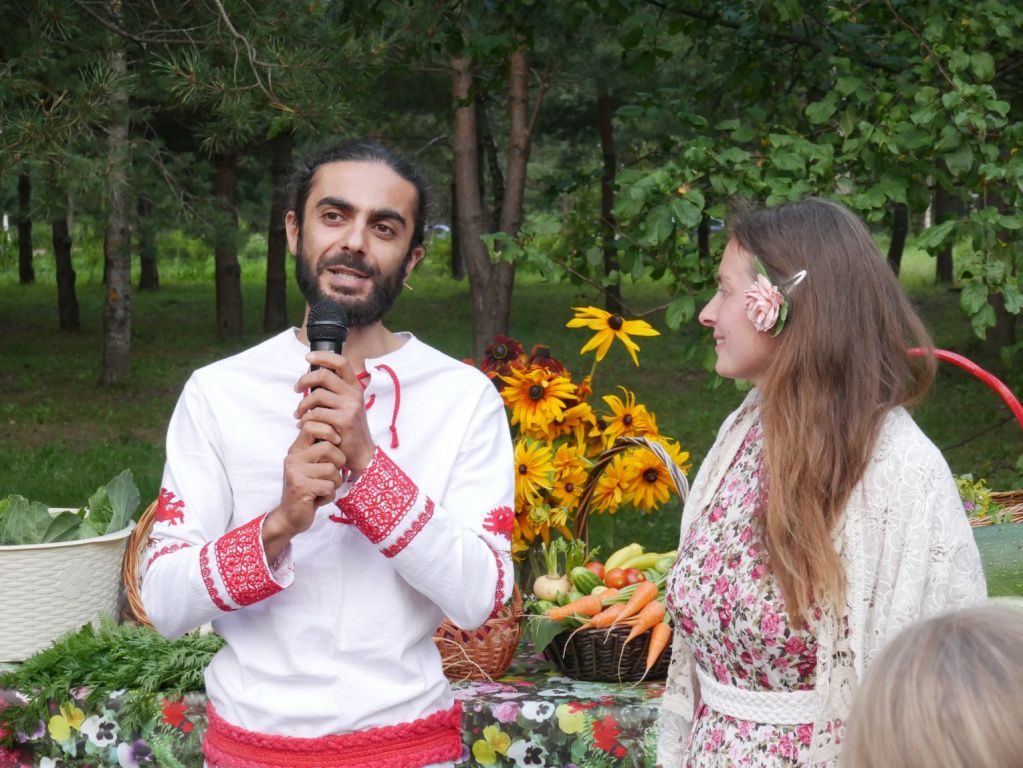 |
4. The desire for self-sufficiency and independence
Cities make people dependent: on stores and network corporations, on centralized water and energy supply, on economic crises. In kin's domains people master autonomous technologies - solar panels, passive houses, natural farming. This is not only environmental friendliness, but also freedom.
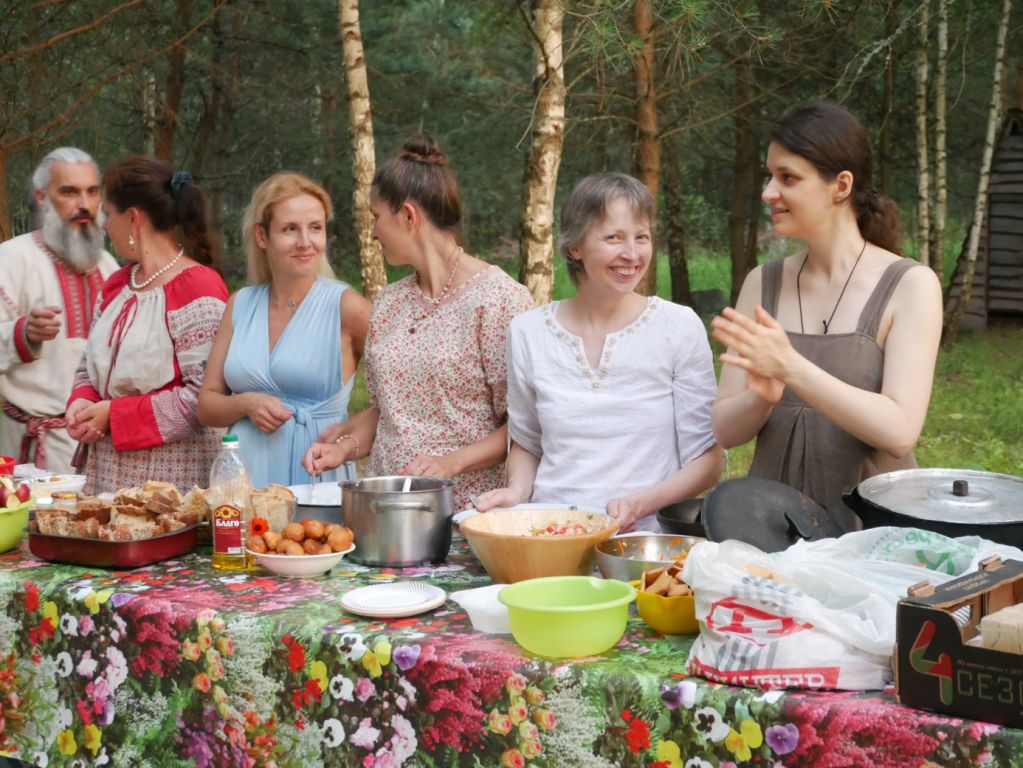 |
Return to nature is not just a trend, but a conscious choice of people creating an alternative to the existing urban reality.
The kin's domains are an experiment of the future, where new forms of society, economy and culture are created. Perhaps it is here that a new era of humanity is being born.
